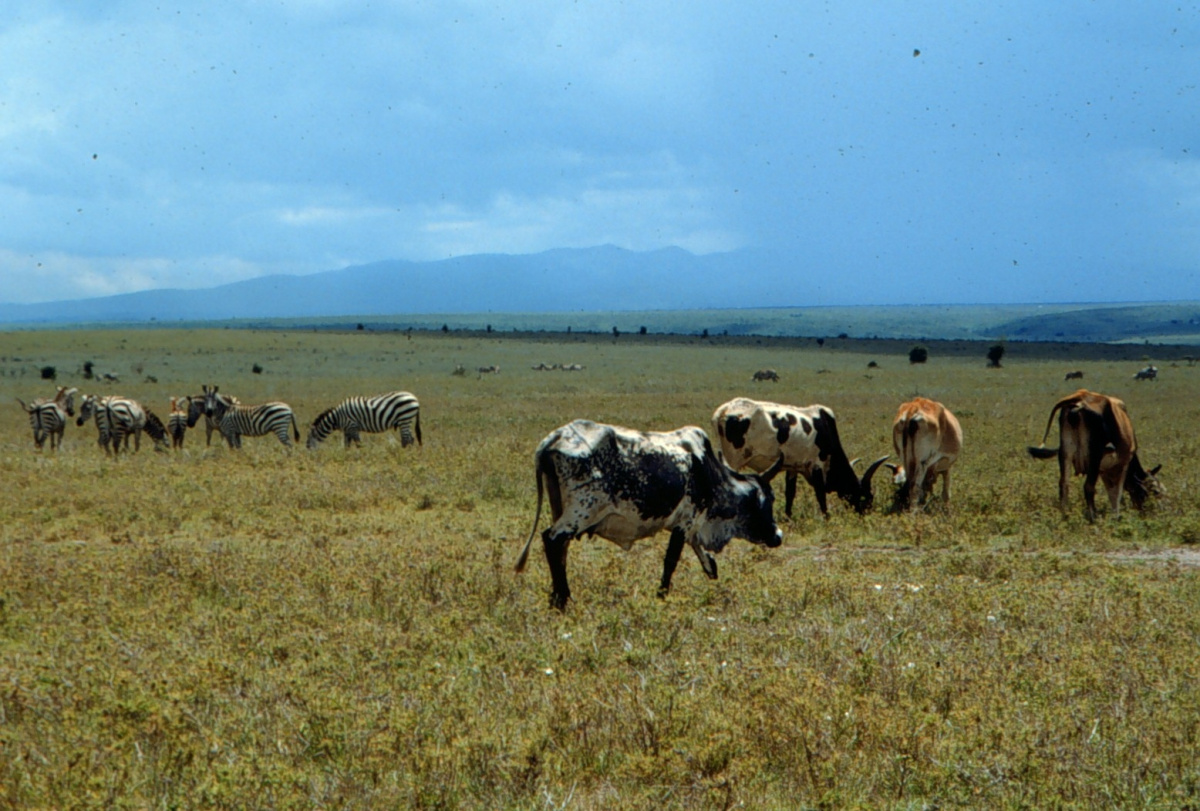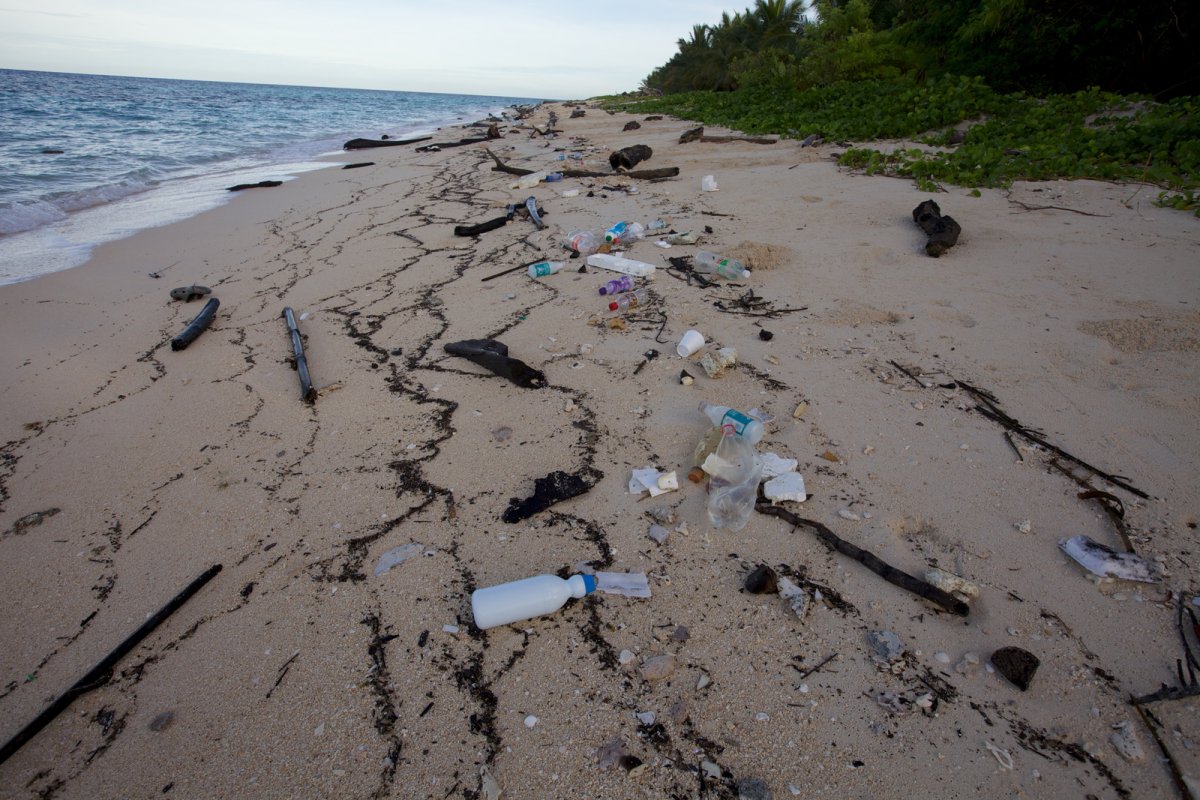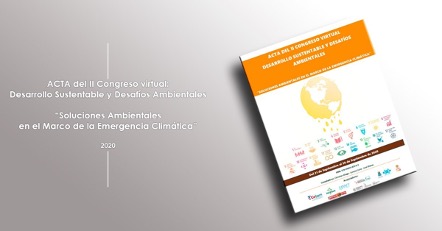6 Opportunities For Mediterranean Policy in the Post-COVID19 Era
Ever since the COVID-19 pandemic interrupted the usual flow of our lives, this crisis has been proving to the global society that we are capable of doing things differently. In these times of uncertainty, IUCN stands in solidarity with all those directly affected by the virus around the world. Nonetheless, we need a vision for a better future, where fresh air, clean water and a safe environment are a right for people everywhere. Working with, rather against nature can boost our resilience and solidarity. And yet, what is the ‘greenprint’ for a better future in the Mediterranean?

Photo: Samaria National Park, Greece - MEET Network
1. Embracing a "One Health" approach
The deep connection between human health, animal health and the environment has become more obvious than ever. As mentioned in IUCN’s statement on COVID-19, “deforestation, habitat fragmentation and an expanding agricultural frontier increase the contacts between humans and other animals, potentially increasing the chances of zoonoses emerging and spreading”. In this sense, the “One Health” concept developed by WHO, FAO and the World Organisation for Animal Health (OIE) enhances the need for cooperation between a variety of sectors - from agriculture, to medicine research or environmental policy - to ensure global health in the current scenario of biodiversity loss and global environmental change.
 Photo: world organization for animal health
Photo: world organization for animal health
Source: https://www.oie.int/fileadmin/Home/eng/Media_Center/img/Infographies/A4-EN-WEB.pdf
2. Sharing a sustainable vision of the Mediterranean by 2050
Plan Bleu, mandated by the Contracting Parties of the Barcelona Convention, has just launched an ambitious foresight exercise to build a shared vision of a sustainable Mediterranean by 2050, and transition pathways. The process, designed as an original science-policy interface, aiming at mobilizing decision makers and stakeholders from the North and South of the Mediterranean, going beyond geographical and institutional borders, will end with a new foresight study on the environment and development in the Mediterranean by 2050, with an intermediate horizon at 2030. IUCN-Med will participate with an active role in the preparation of this report, promoting nature-based solutions to climate change threats delivered through adaptation and mitigation strategies that safeguard or restore biodiversity and build resilience, not just in coastal ecosystems, but also in the communities that are dependent on them.
3. Fostering Blue growth
The marine and maritime sectors, including aquaculture and coastal tourism, hold a strong potential for developing sustainable economic models and creating jobs across the Mediterranean region. Nonetheless, these sectors will have to incorporate values related to sustainable development in this Blue Growth transition. If something can be learned from the COVID19 pandemic, is that socio-economic development cannot be achieved and sustained without preserving nature.
4. Backing up the Green New Deal
The EU has launched the long-awaited European Green Deal, the plan to tackle the profound environmental crisis we are living in. IUCN welcomed this promising proposal, and encourages all actors to do their bit to make it happen. The goal of achieving “carbon neutrality” by 2050 opens the door to a real energy transition, where Nature-based Solutions will play a central role in finding and recovering balance in our ecosystems. Bringing together knowledge from private and public sectors, research bodies, universities and environmental organizations in sinergies or “clusters” will allow to create tangible economic value building on environmental understanding.
5 Joining a Generational Change
Just like we will all remember this year because of the COVID-19 pandemic, the younger generations are becoming aware of the environmental and societal challenges ahead of them. For this reason, passing on the experience and knowledge from the older to the young emerging generations plays a vital role in this process. In the North of Africa, young civil society organizations within the PPI-OSCAN programme, coordinated by IUCN-Medare taking the lead of local conservation actions while staying aligned with their governments’ environmental agendas.
6. Attending the World Conservation Congress 2020
Despite being postponed to January 2021, the next World Conservation Congress in Marseille will be the turning point to develop the post-2020 global biodiversity framework to halt biodiversity loss. A group of experienced environmental organizations specialized in different fields holding a Mediterranean regional approach will be uniting forces to explore the creation of the Consortium “Mediterranean Solutions”, with the aim of launching comprehensive joint actions to preserve biodiversity.
 Photo: IUCN
Photo: IUCN
Contributors: Santiago Suarez



